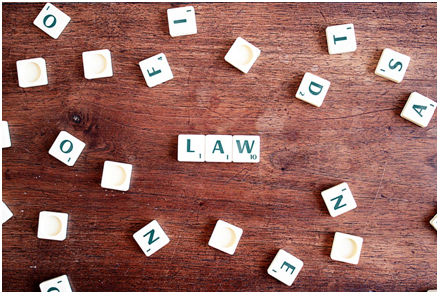The statutory costs
are, according to the legal definition, expenditure incurred in the course of
or on the occasion of the proceedings, which also includes a reward for the
work of lawyers and other persons to whom the law recognized the right to
reward. Here at www.manbirsodhilaw.com, we care about justice and protection of
our clients.
The rule is that each party individually bears the
costs incurred in the course of a lawsuit, which it caused by its actions,
except when the presentation of concrete evidence is proposed by both
litigants. In this case, the court will order the parties to share the amount
of costs on equal parts.
It is generally known that the losing party must compensate all litigation costs to the opposite side, which includes, among other things, the costs of expertise, the engagement of lawyers, and so on. However, the court may decide that each party bear its own costs, and in view of the achieved success in litigation.
The party is obliged, irrespective of the outcome of the litigation, to compensate the counterparty for the costs caused by her guilt or the similarity that has occurred to her/ him. If there was no reason to file a complaint, because the defendant had already acknowledged his obligation and was willing to fulfill, or for other reasons, the prosecutor will indemnify the litigation costs. The prosecutor who withdraws the lawsuit is obliged to compensate the counterparty for litigation costs, unless the withdrawal of the lawsuit followed the fulfillment of the claim by the respondent.
Likewise, a party withdrawing from a legal remedy is obliged to compensate the
party for the costs incurred on the occasion of the remedy. In deciding which
costs to remunerate the party, the Court will take into account only those
costs which were necessary in order to carry out a lawsuit. The court decides
on the cost of all the fines, what costs were needed, as well as the amount of
costs.
Also, it is not rarity in the practice of the court to free the litigant from paying the court costs related to filing an initial act, responding to a lawsuit, imposing an advance on the costs of expertise, testimonies, insights, court advertisements and rendering a judgment, if the party has no property, or makes it probable the payment of court costs would lead to an unfavorable material situation. The party is obliged to submit a request for relief from the costs of litigation proceedings to the court together with the lawsuit or answer to the complaint. In addition to the request, the client is also required to file proof of the court on the basis of which he will substantiate his claims.
Free legal aid is the constitutional right of every citizen. During the whole procedure the court will grant the party the right to free legal aid when the party is completely exempted from paying the costs of the proceedings, if this is necessary for the protection of the party's rights.
Also, it is not rarity in the practice of the court to free the litigant from paying the court costs related to filing an initial act, responding to a lawsuit, imposing an advance on the costs of expertise, testimonies, insights, court advertisements and rendering a judgment, if the party has no property, or makes it probable the payment of court costs would lead to an unfavorable material situation. The party is obliged to submit a request for relief from the costs of litigation proceedings to the court together with the lawsuit or answer to the complaint. In addition to the request, the client is also required to file proof of the court on the basis of which he will substantiate his claims.
Free legal aid is the constitutional right of every citizen. During the whole procedure the court will grant the party the right to free legal aid when the party is completely exempted from paying the costs of the proceedings, if this is necessary for the protection of the party's rights.

